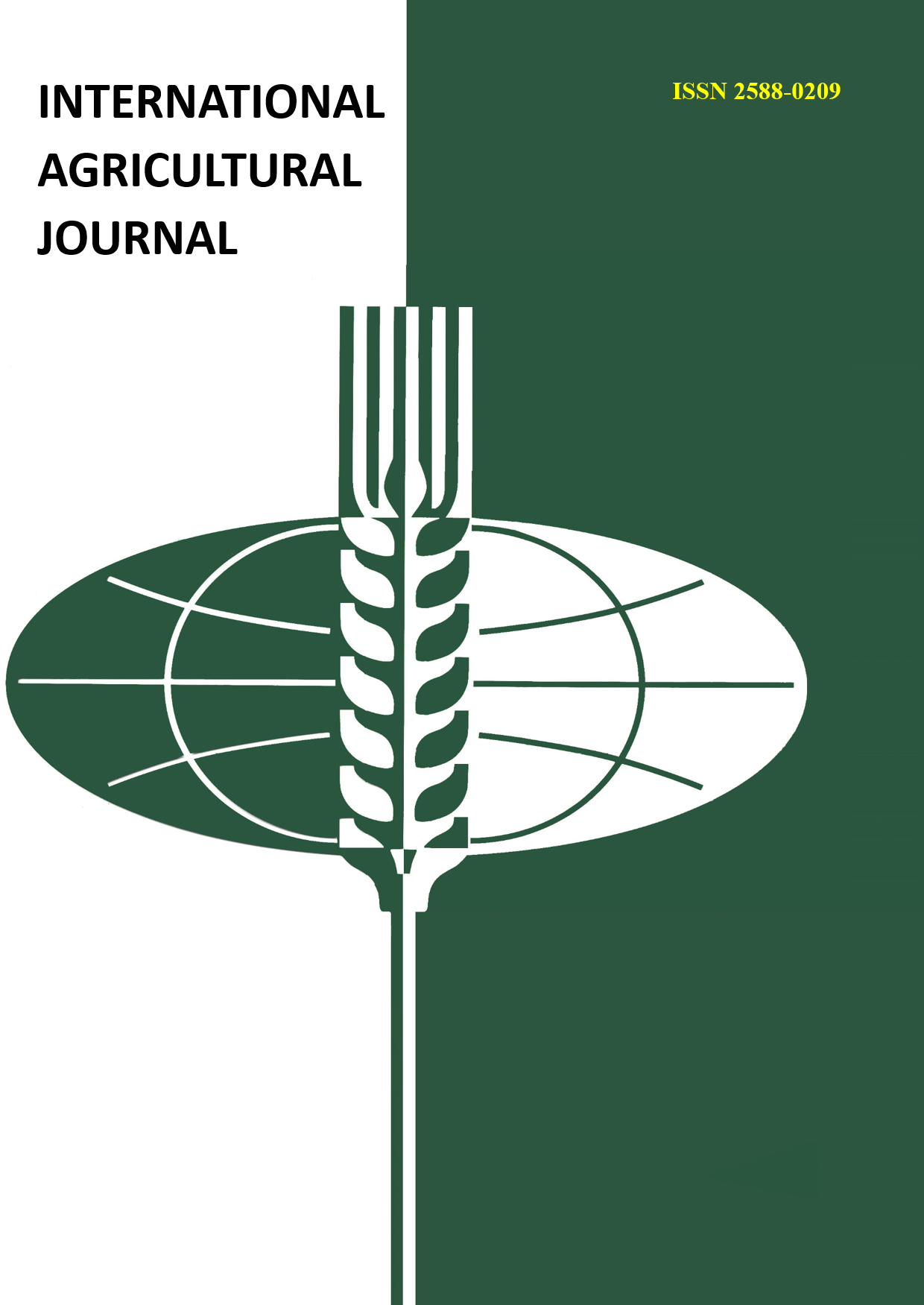Global socio-economic turbulence has increased the impact of external and internal challenges, including the stability of the functioning of the Russian agri-food complex. The author substantiates the importance of studying current trends and challenges in order to find the best ways of state regulation in conditions of instability. The national specificity of the agro-food complex of Russia is revealed. The article analyzes in detail the groups of risks of an economic, social, environmental and technological nature. Problems are identified and measures are proposed to solve them. Within the framework of the socio-economic block of problems, the issues of modern trends in urbanization, active internal and international migration and relocation, the technological gap between large and small enterprises of the agro-industrial complex, the aging of the rural population, changes in the gender balance, poor social protection of rural residents, depopulation of the population are disclosed. It is concluded that these problems are due to the fragmentation and isolation of local labor markets, the low level of development of social infrastructure, circular migration, insufficient technological development of the agro-food complex and the need for skilled labor. The article focuses on the eating behavior of consumers and substantiates the importance of promoting a healthy diet. The importance of the ecological orientation of agrarian policy in order to preserve biodiversity and prevent the negative impact of agricultural activities on nature is indicated. The block of technological problems of the agro-food complex is disclosed in detail. A significant technological gap between agricultural producers of various categories was noted. A systematic approach is proposed to assess the risks of the balanced functioning of the agro-food complex and to improve, on this basis, a comprehensive state agrarian policy, taking into account modern specifics. Transformations in the agro-food complex have a systemic impact on socio-economic relations and transform the economic mechanism of the economy as a whole. The mutual influence of economic development and structural transformations of the national economy and the development of the agro-food complex are emphasized. An agri-food system can achieve sustainability if it is based on best practices for managing the entire value chain and improved social and environmental conditions.
agri-food complex, categories of farms, agri-food system, crisis, sustainable devel-opment, government regulation, innovation.














